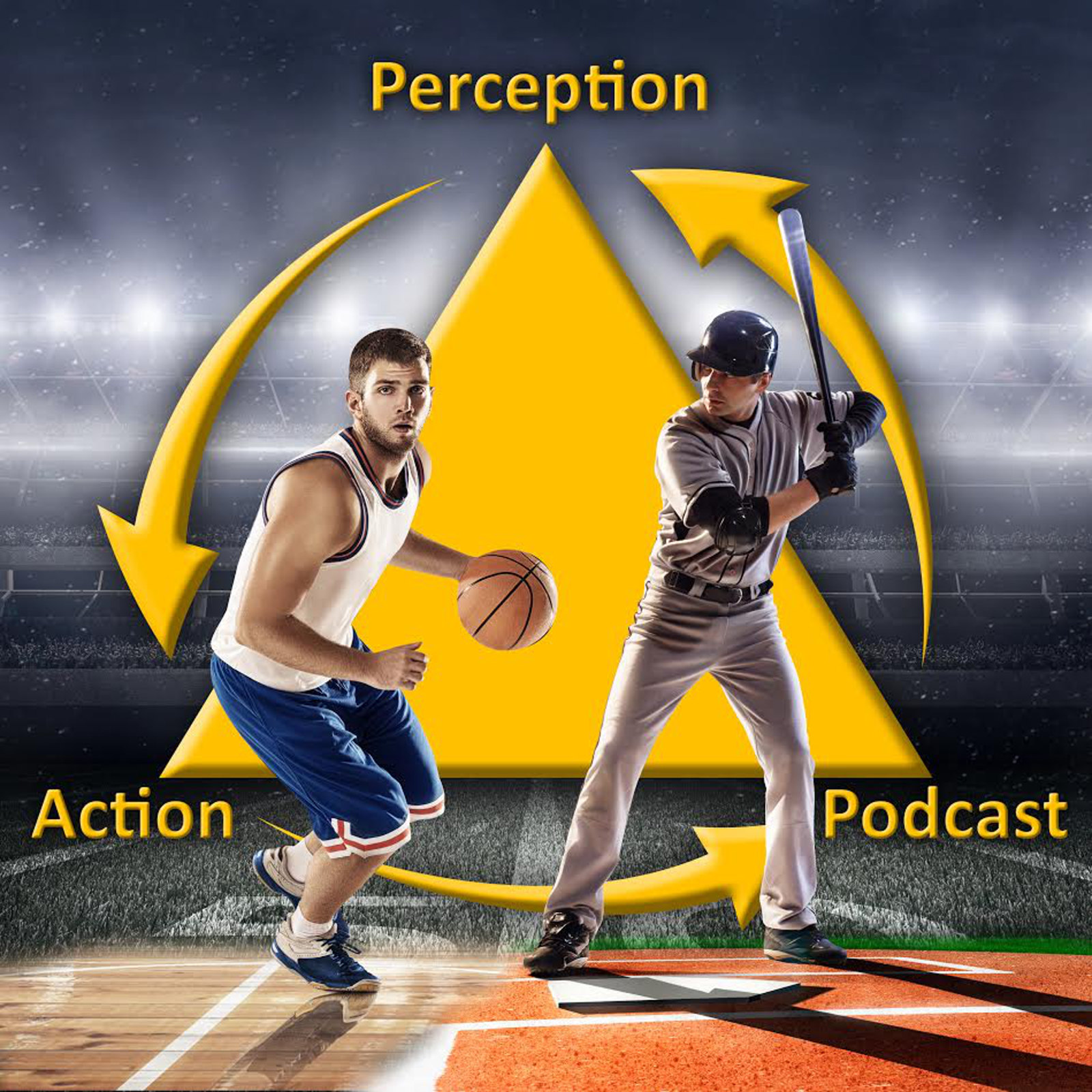159 – What is an Optimal Movement Pattern?
159 Is there one optimal movement solution for any given task? If not, can we identify the optimal movement pattern for each individual? How can knowledge of performance feedback be used to achieve optimality?Download link Articles:Kinematic information feedback and task constraintsIn search of sports biomechanics’ holy grail: Can athlete-specific optimum sports techniques be identified?Should Common…
Read More
